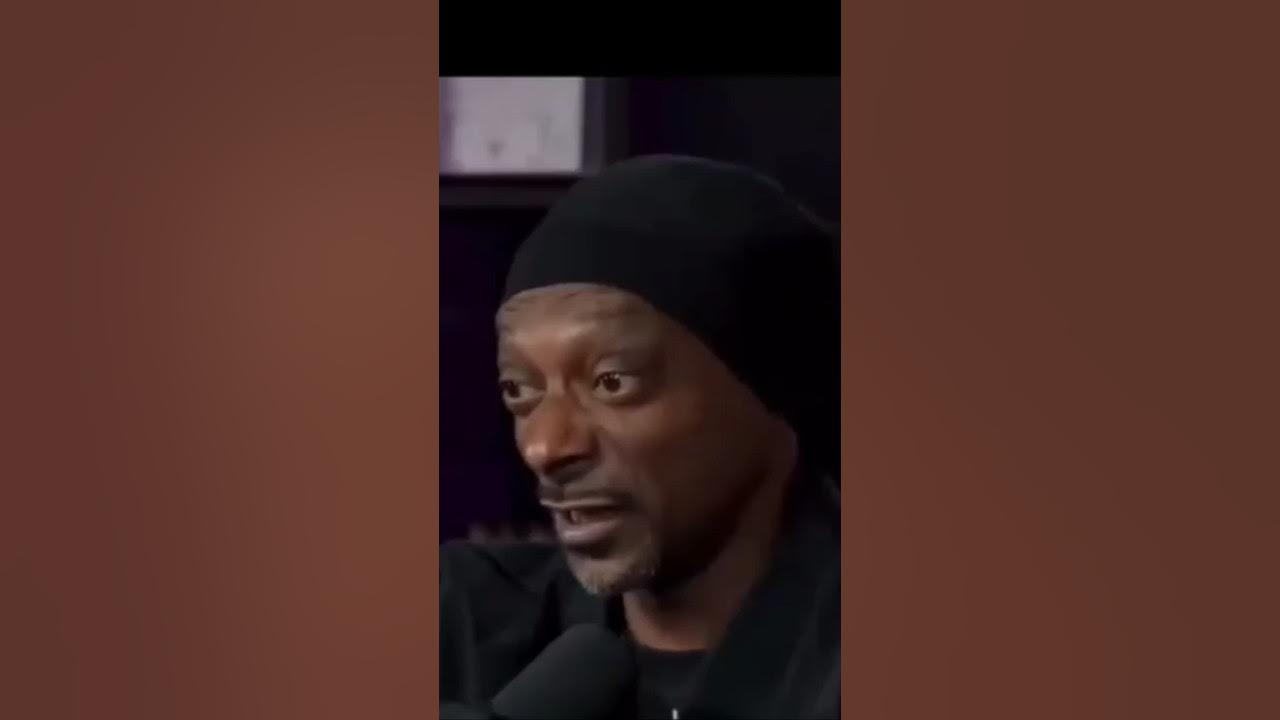Even for a cultural icon renowned for pushing boundaries, some lines in the sand are drawn by unexpected forces: the innocent questions of a grandchild. Such is the recent cinematic dilemma faced by none other than Calvin Broadus, better known as the inimitable Snoop Dogg.
In a recent interview, the legendary rapper candidly shared his newfound apprehension about taking his grandchildren to the cinema, citing a growing discomfort with the inclusion of LGBTQ+ themes in children`s programming. This isn`t a new debate, of course, but Snoop Dogg`s personal experience with Pixar`s Lightyear has brought it into sharp, familial focus.
The `Lightyear` Moment: An Unscripted Interrogation
Snoop Dogg recounted an outing to see the animated adventure Lightyear, a film intended, one would assume, for uncomplicated childhood delight. However, a scene depicting a lesbian couple with a child quickly transformed the viewing experience into an impromptu, and for Snoop, uncomfortable, pedagogical challenge.
“This *** just threw me off balance. I`m scared to go to the movies now,” he expressed, detailing his grandson`s immediate and probing questions. “Papa Snoop, how can she have a child with another woman? She`s a woman herself. They said she and she have a child, but they`re both women. How did she get a child?”
These are not questions easily dismissed, especially for a grandparent caught off guard in a darkened theater. Snoop Dogg`s frustration was palpable: he felt unprepared, disarmed by the directness of a child`s innocent logic confronting a concept he hadn`t anticipated discussing during an animated space odyssey.
Beyond Buzz: The Broader Cultural Crossroads
Snoop Dogg`s comments, while personal, tap into a much larger, ongoing cultural conversation. The entertainment industry, increasingly striving for inclusivity and accurate representation, has been progressively integrating diverse family structures and identities into content aimed at younger audiences. The intent is often to normalize and reflect the rich tapestry of modern society, ensuring all children see themselves, or aspects of their world, on screen.
However, this progressive shift often clashes with generational expectations and varying parental philosophies regarding when and how complex social topics should be introduced. For many, including Snoop Dogg, the expectation for children`s media has traditionally been one of simple narratives, clear heroes and villains, and themes that are largely unambiguous. The sudden appearance of nuanced social dynamics can be jarring for those who prefer to navigate such discussions within the confines of their own home and at a pace they deem appropriate.
The Grandparent`s Quandary: Navigating New Norms
It`s an intriguing position for Snoop Dogg, a figure who built a career on defying norms and challenging conventions. Yet, when faced with the innocent curiosity of his grandchild, he embodies a common parental and grandparental struggle: how to guide the next generation through a world that evolves far more rapidly than previous ones. It’s less about a moral judgment on the themes themselves, and more about the perceived ambush, the lack of preparation for an unexpected lesson plan in a space meant for escapism.
The entertainment landscape of today is a minefield of teachable moments, some intentionally placed, others emerging organically from a more diverse creative pipeline. For parents and grandparents, it means the traditional role of media as a passive babysitter or pure entertainer is increasingly being supplanted by an active, often challenging, educator.
An Evolving Dialogue, Not a Simple Answer
Ultimately, Snoop Dogg`s experience highlights the growing pains of a society in transition. As media continues to mirror and shape our world, these conversations are unlikely to subside. They force us to consider not just what messages are being conveyed to children, but also how, and with what level of readiness and support we, as adults, are equipped to facilitate understanding.
Perhaps the real takeaway isn`t a condemnation of inclusive storytelling, but a gentle reminder that even the most seasoned navigators of culture, like Snoop Dogg, can find themselves momentarily adrift when faced with the unvarnished questions of a curious child. It`s a call for open dialogue, not just between creators and audiences, but within families themselves, as we all strive to make sense of an ever-changing world, one animated film at a time.

